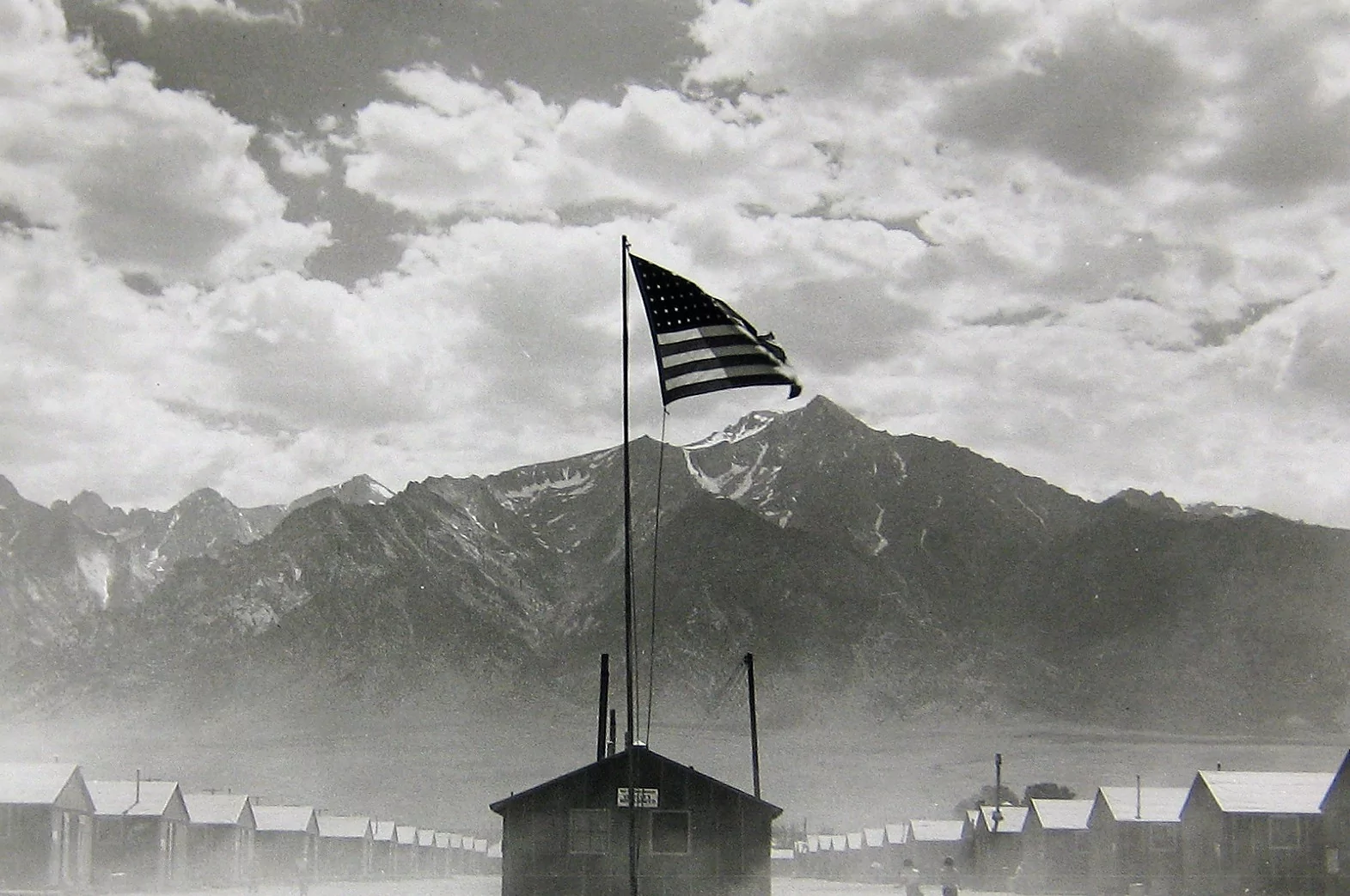

Open Letter to Our Community
A few days ago, the Oakland Museum of California was alerted to a very unfortunate incident experienced by a visiting group of artists to the exhibition, Dorothea Lange: The Politics of Seeing. One of the visitors is Japanese American, and she described in a poignant blog post her experience of inappropriate and bigoted comments from a volunteer docent who conducted the tour of the exhibition.
The blog was posted and shared in several places, and we were grateful to another community member for bringing it to our attention. We have, in turn, reached out and apologized to the writer and posted a response on her blog as well.
We share this story here on our own blog because what happened on this tour couldn’t be more counter to the Museum’s mission and values, nor to the intent of this exhibition or the vision of Lange herself. At OMCA, we are committed to ensuring that our leadership, staff, and all of our volunteers understand their role as ambassadors of the Museum’s values and as stewards of responses from our visitors to Museum experiences.
Dorothea Lange’s pictures were designed to provoke social and political change involving questions of class, race, and justice. She endeavored to motivate Americans by helping them to see suffering and injustice, by stimulating their empathy, and by rendering what might be seen as faceless crowds into recognizable, honorable, and determined individuals. No where is this more clear or poignant than in her photographs of individuals impacted by the Japanese American internment – a national tragedy that caused enormous distress to Lange. Through Dorothea Lange: The Politics of Seeing, it is our hope that our visitors will recognize that photography can be used for purposes of persuasion, and that making a photograph can be a form of activism and solidarity.
We also want to reassure our community that the Museum has addressed the situation directly with the docent who led the tour,and that we are working with our Docent leadership, both volunteer and staff, to ensure that this kind of experience does not happen again.
At the Oakland Museum of California, we see our role as one of fostering conversation and exchange about urgent issues facing our community – even if these conversations are sometimes difficult and even when the Museum itself is in the position of learning and reflection.
— Lori Fogarty, Director and CEO